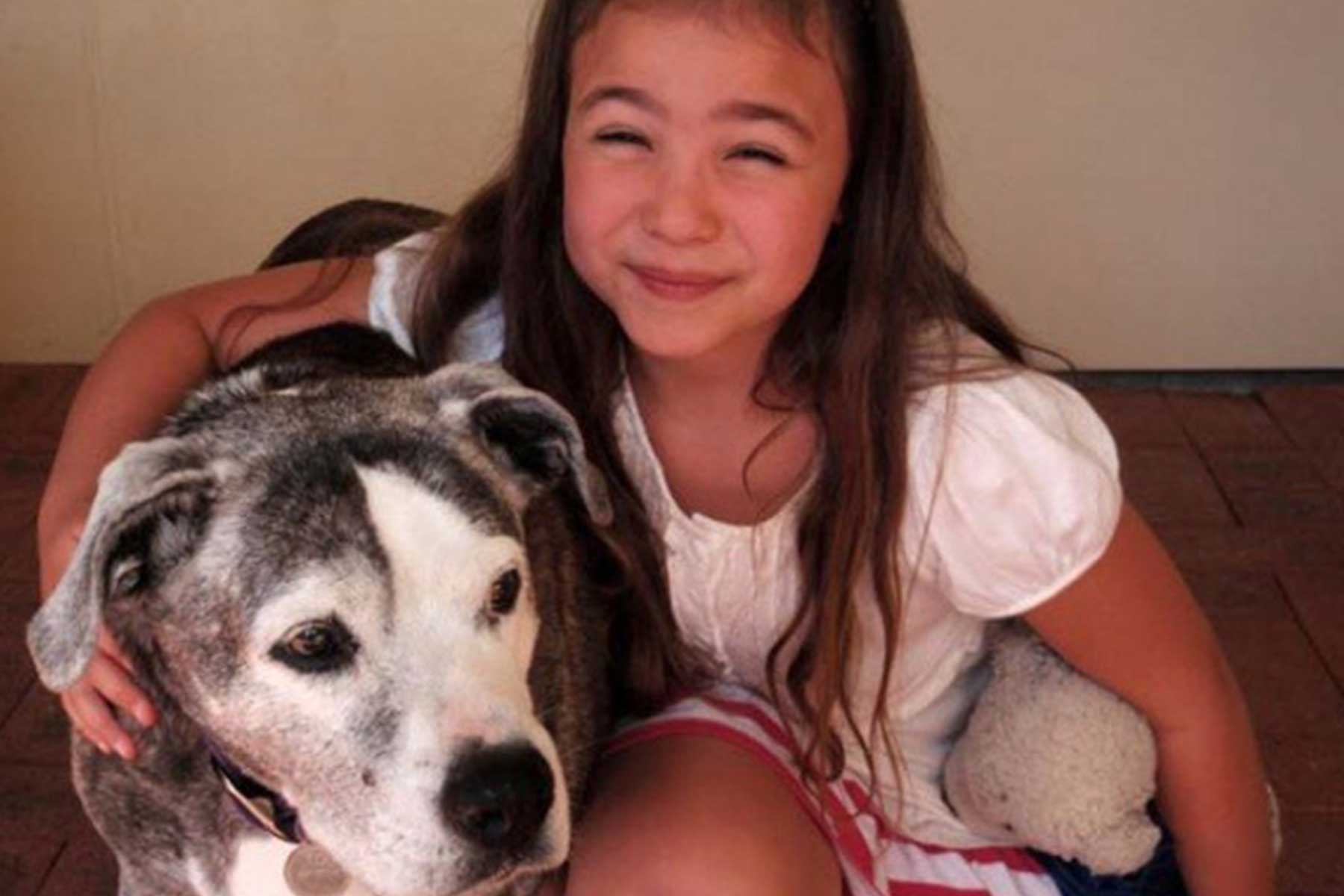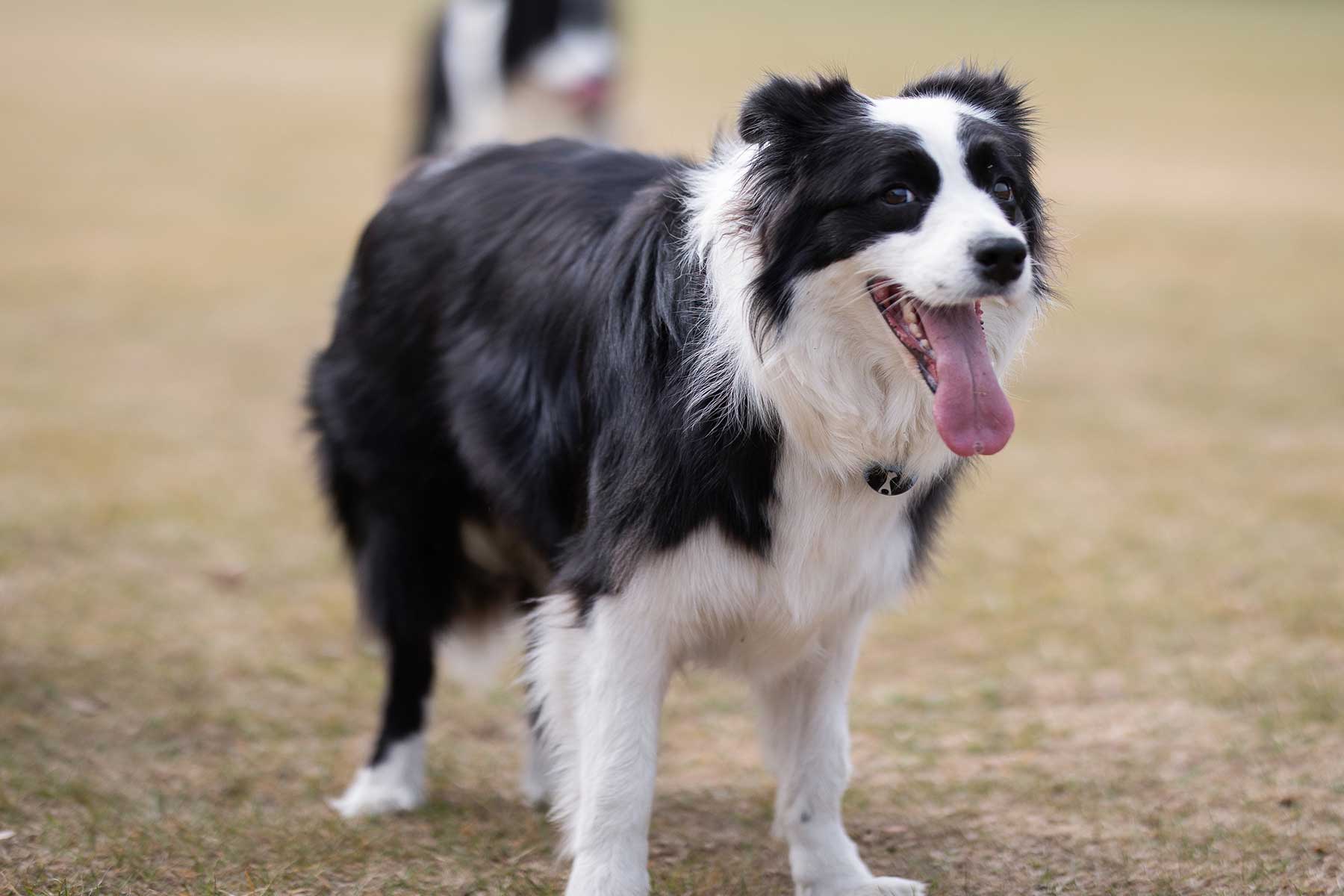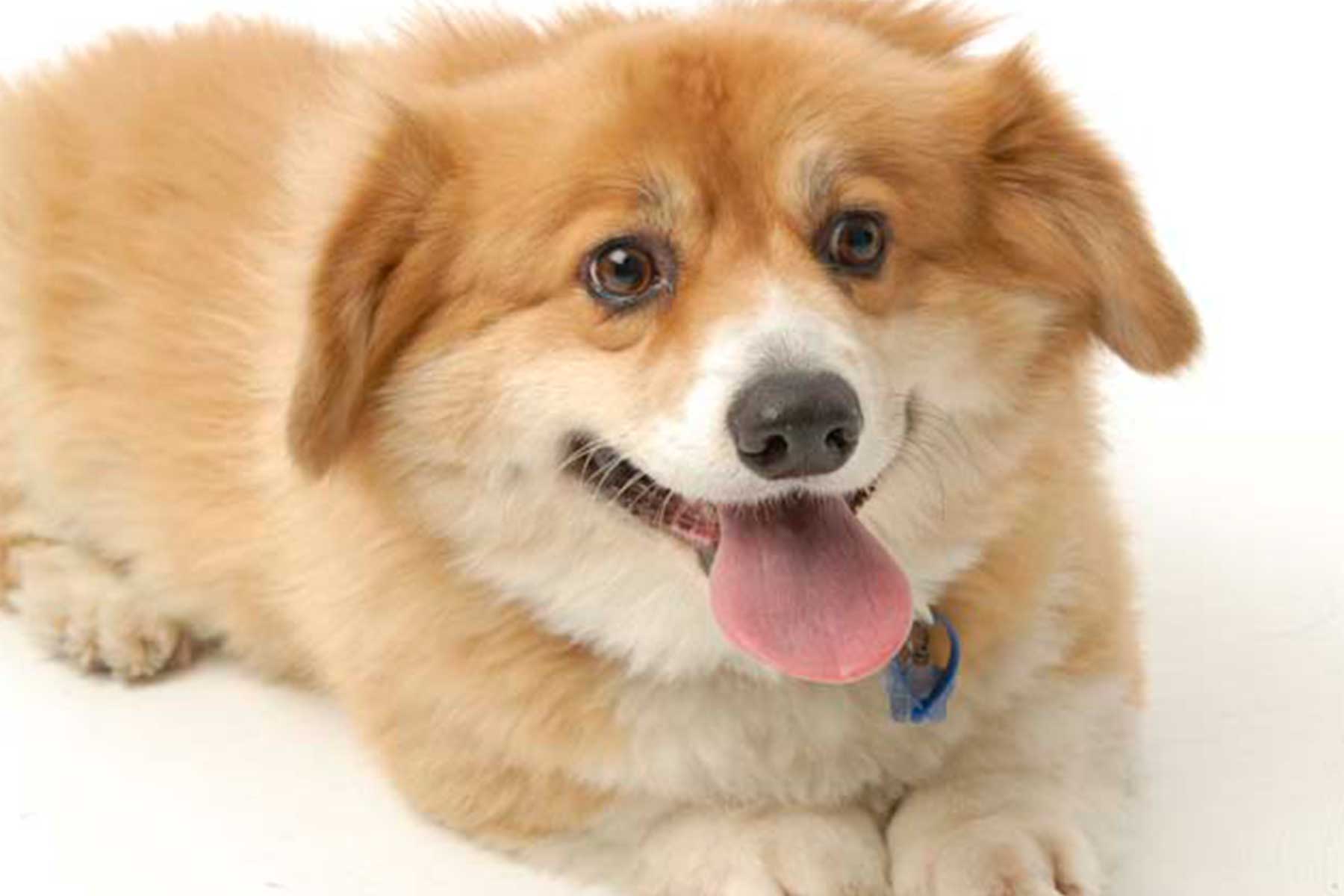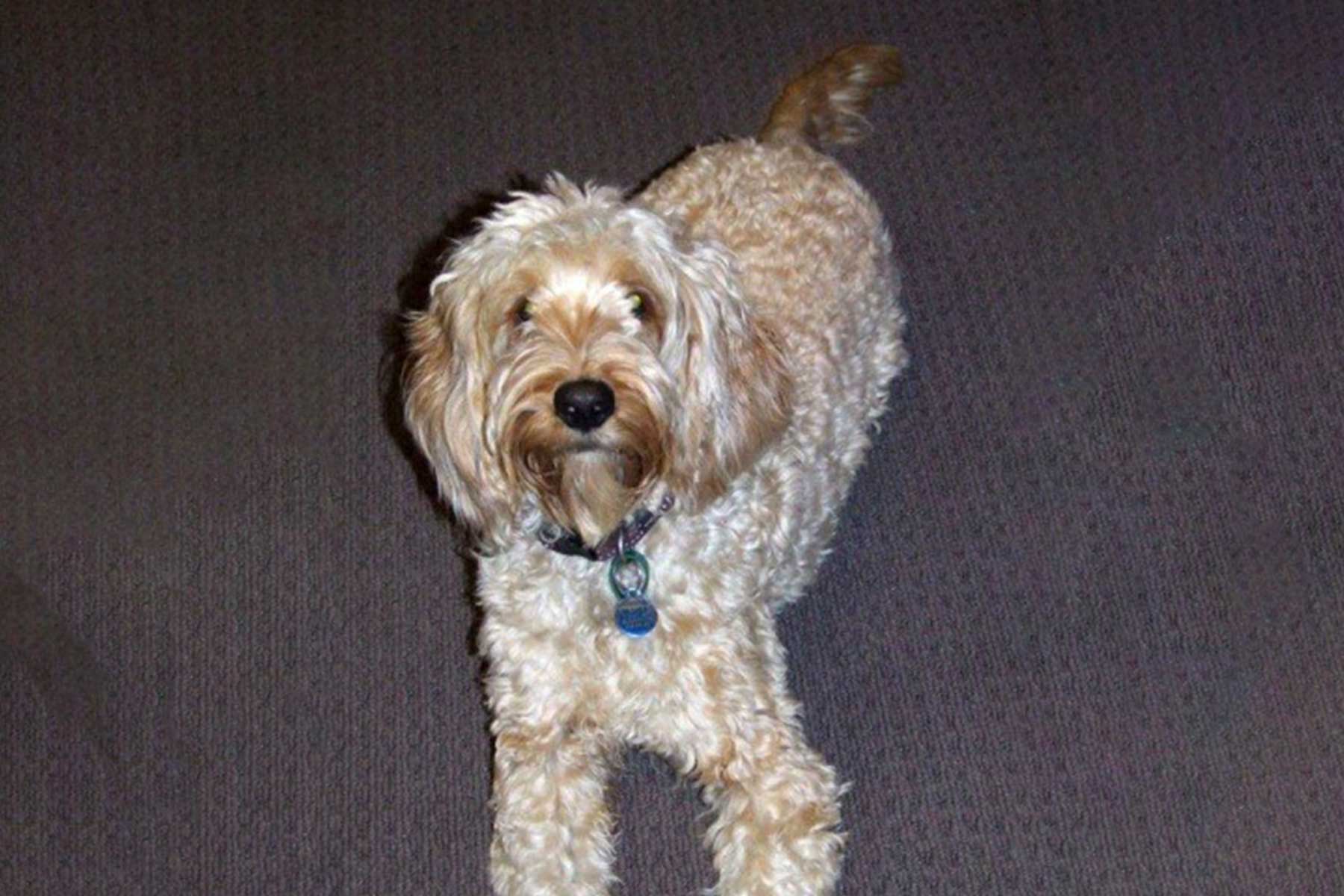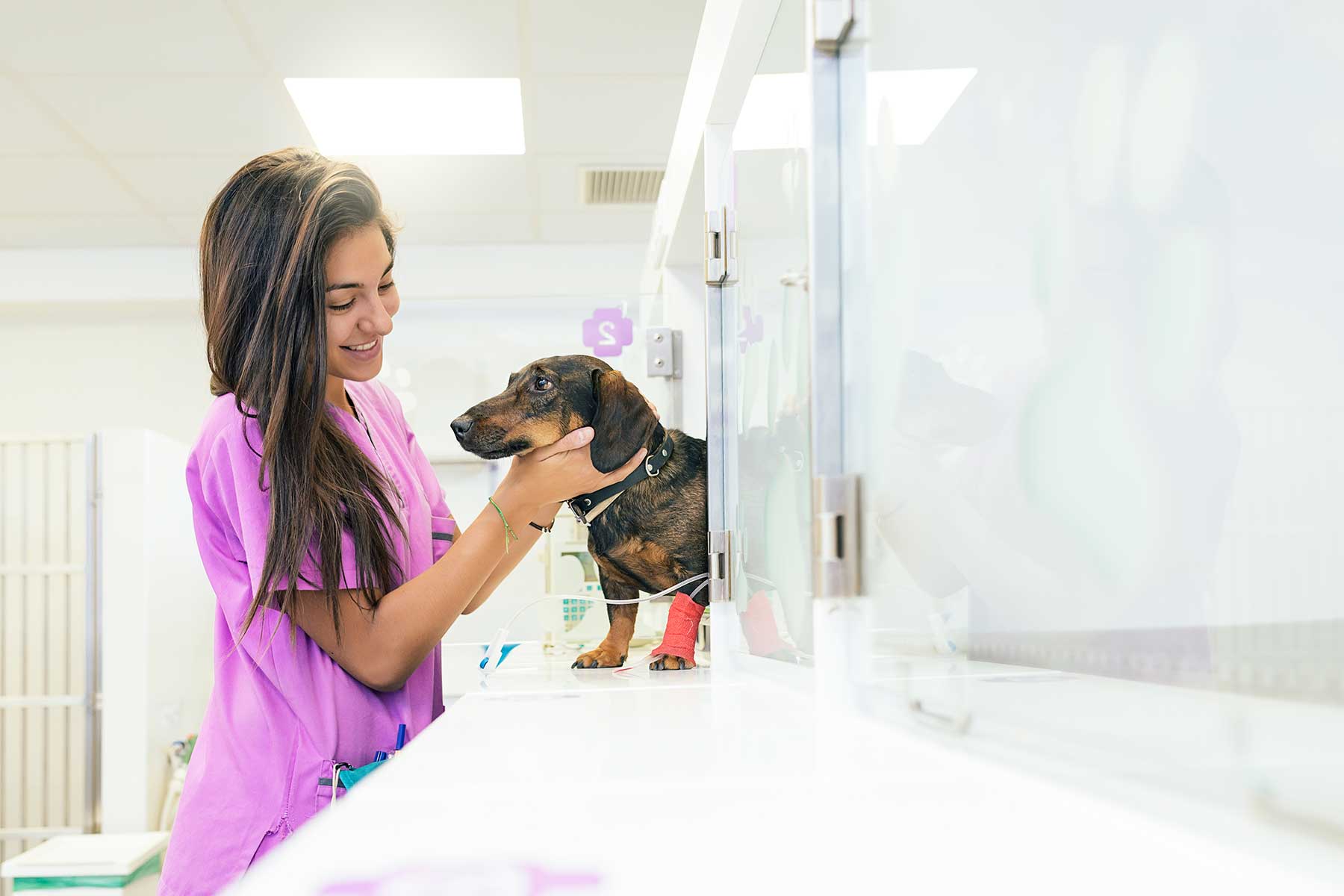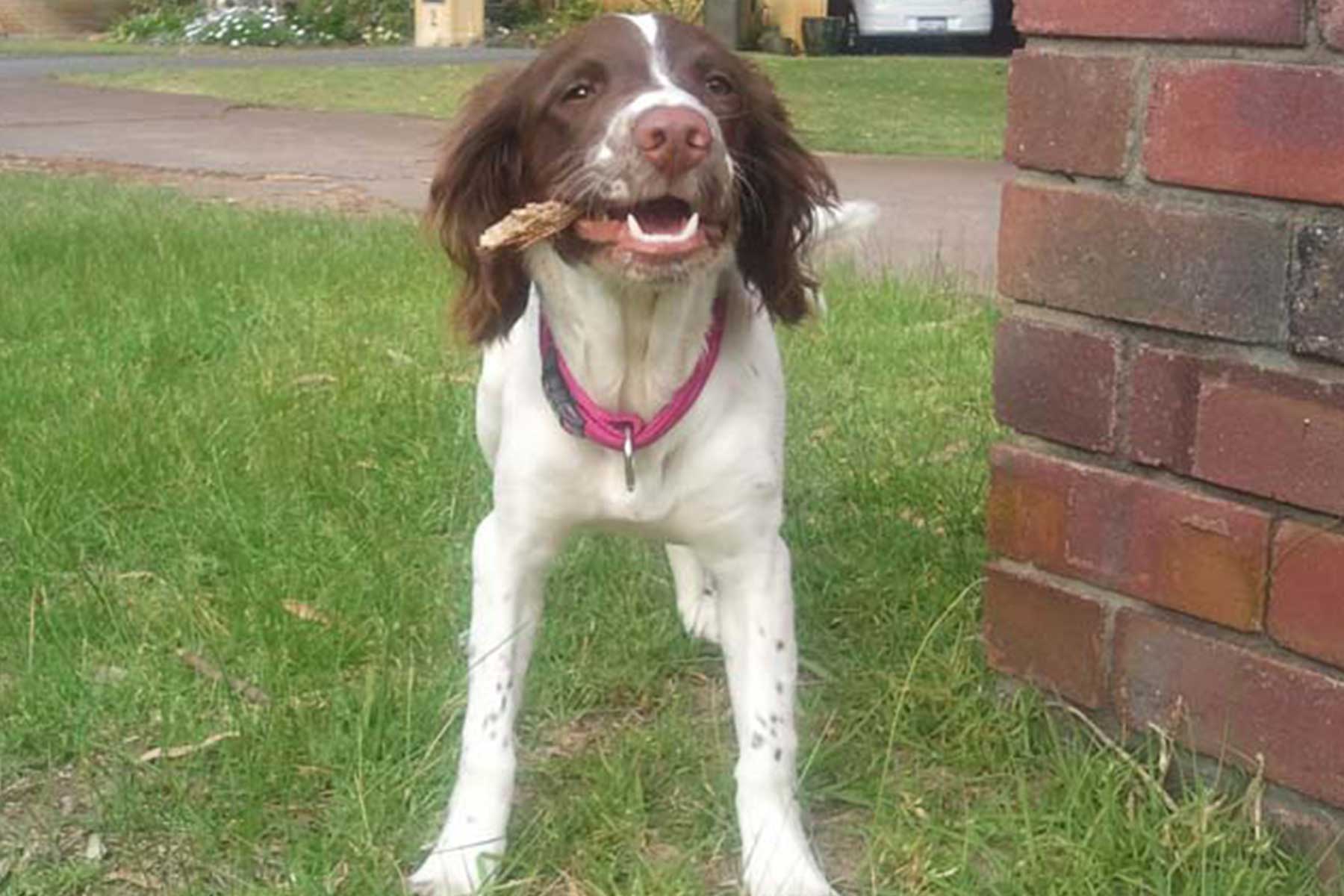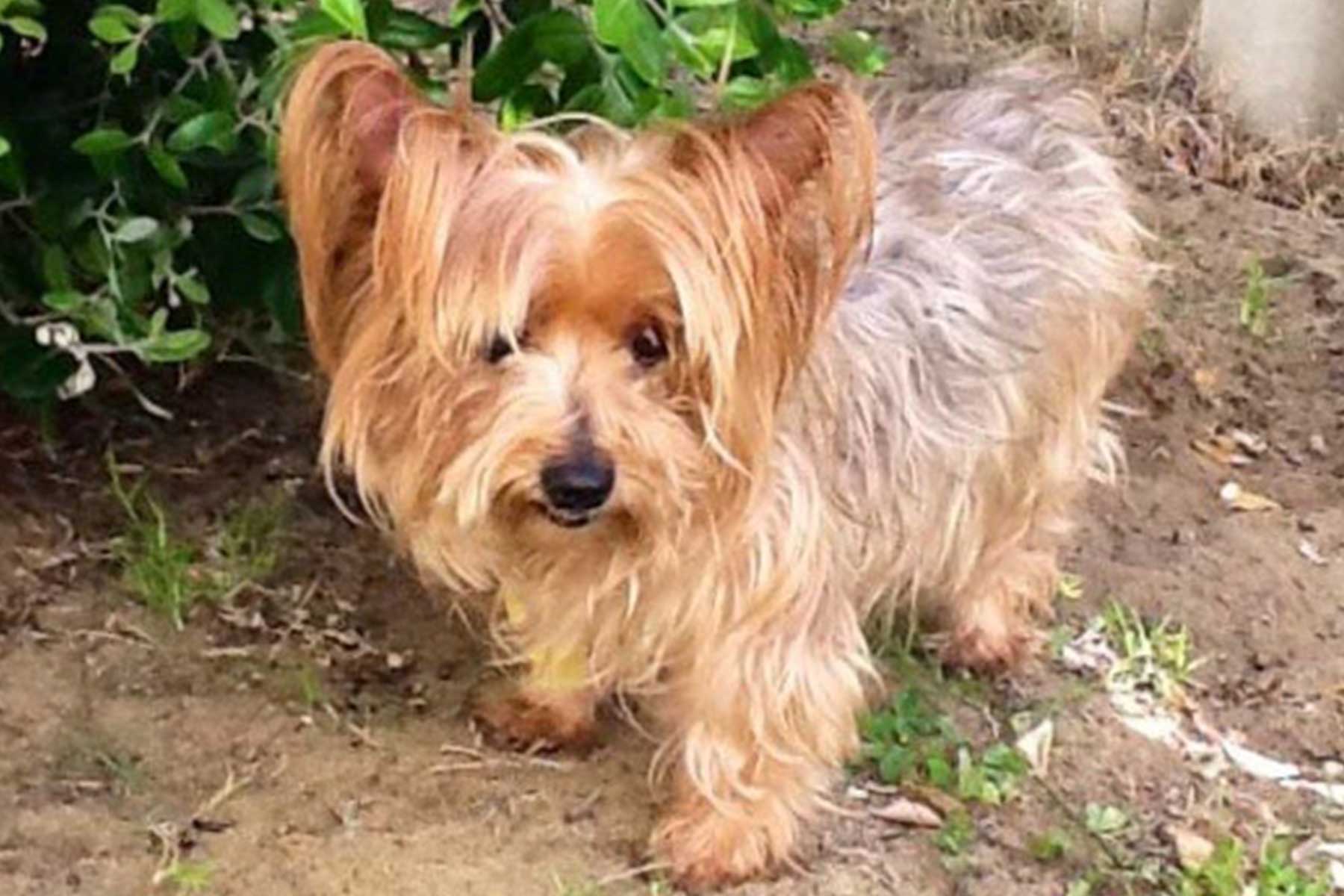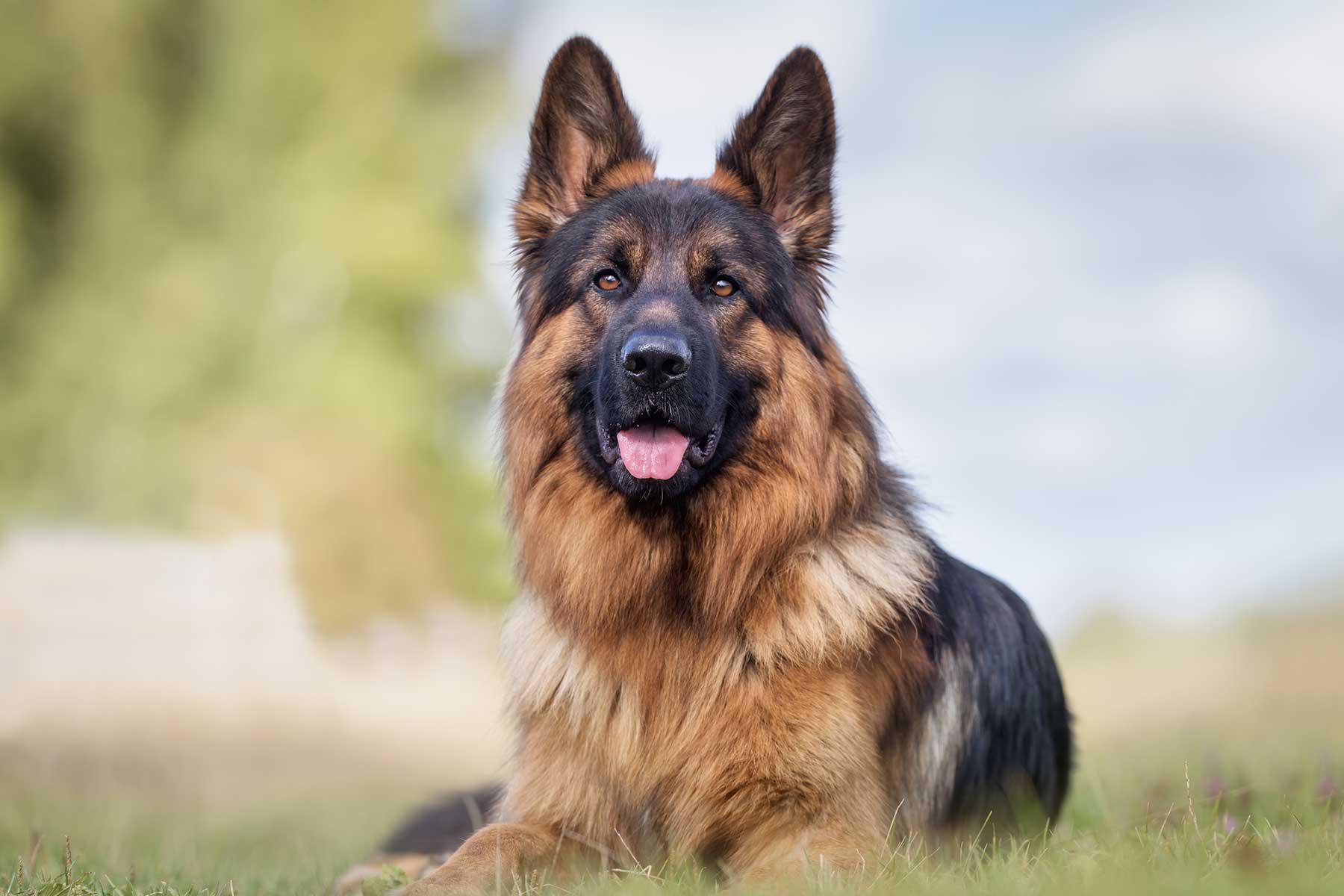During Spring and Summer, we see an increase in grass seed issues with our pets. Most commonly we find them embedded between the toes of dogs and quite often they can track underneath the skin forming nasty painful abscesses.
Ace is a 7-year-old male domestic cat who presented to Vetwest South Perth late one afternoon with a history of acute pain and excessive licking around his back end. Ace was still bright, eating and drinking and toileting normally. On clinical exam with the vet, Ace had a very high fever and a swollen painful prepuce. It was too painful to be examined closely so the vet decided it was best to provide him with some immediate pain relief and have him back the following morning for a general anaesthetic and closer examination.
Ace came back to South Perth the following day for blood tests, urinalysis and a general anaesthetic to examine his prepuce and penis more closely. His prepuce area was extremely swollen, warm to touch and had an odour. A small needle was inserted into the swelling to examine the contents under the microscope. This would allow us to determine if there was a bacterial infection present. A thick discharge was found under the microscope and mixed bacterial infection. A small incision was made into the swollen area to express as much of the pus as possible and reduce the swelling. Now with the swelling reduced the vet was able to palpate a small firm structure. Using a small pair of hemostats (a small surgical tool) the vet was able to explore the area and discovered a large grass seed just adjacent to the prepuce. The grass seed was removed and the area was flushed with sterile saline.
After an extended course of broad-spectrum antibiotics, lots of pain relief and rest Ace has made a full recovery. He is back to his normal happy self and is most likely back outside rolling in the grass!
Although paws are the most common location for grass seeds to be found, they can sneakily find their way into the strangest locations so it is always important to check our pets’ coats on a regular basis. If you are concerned your pet may have a grass seed stuck somewhere give your local Vetwest Clinic a call.

